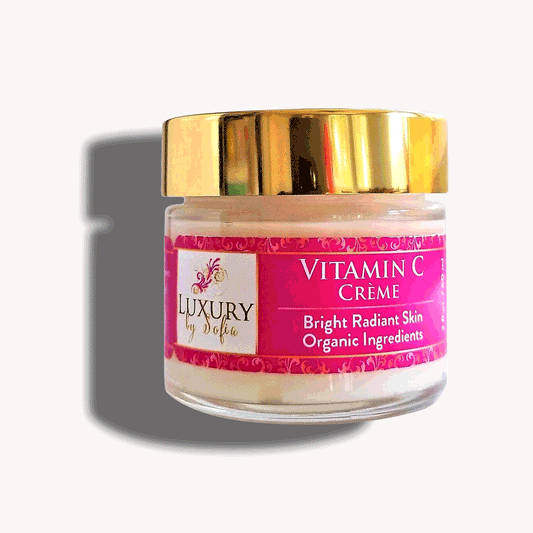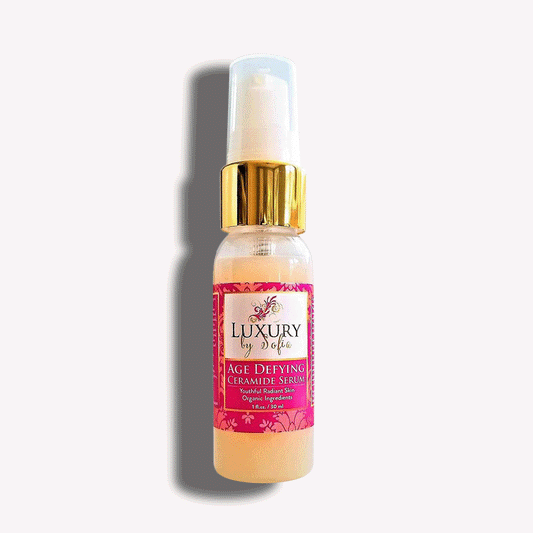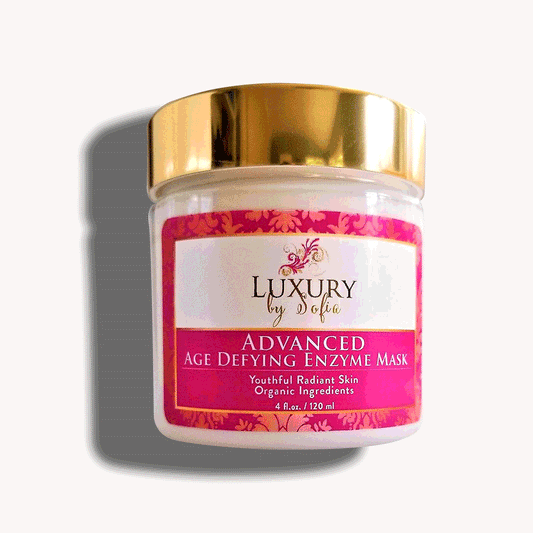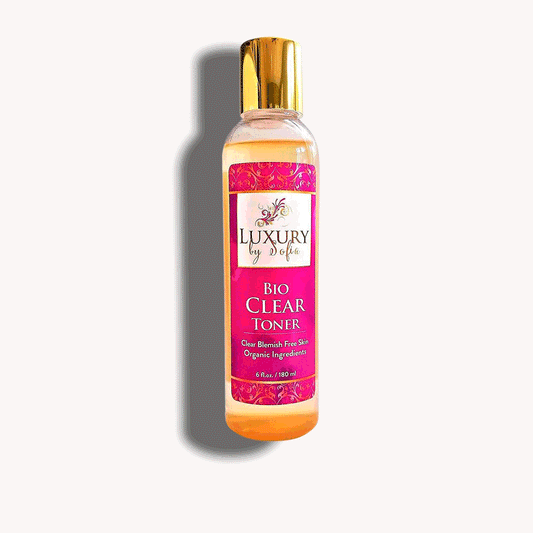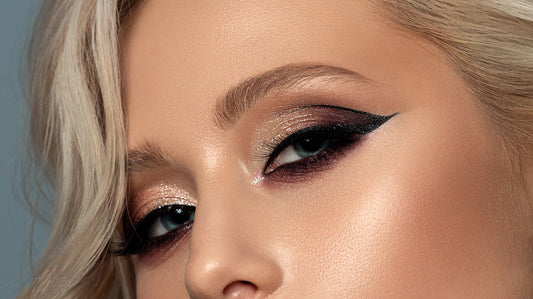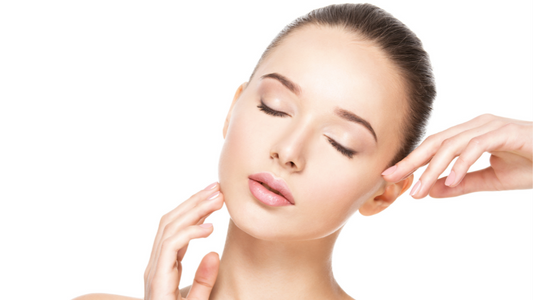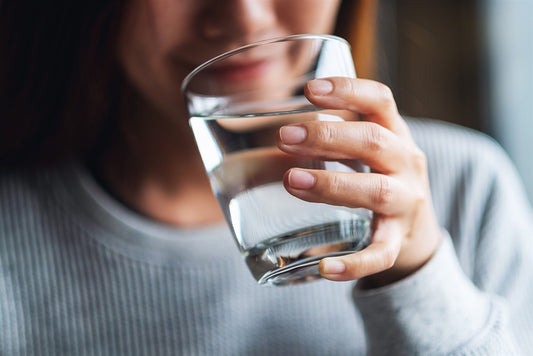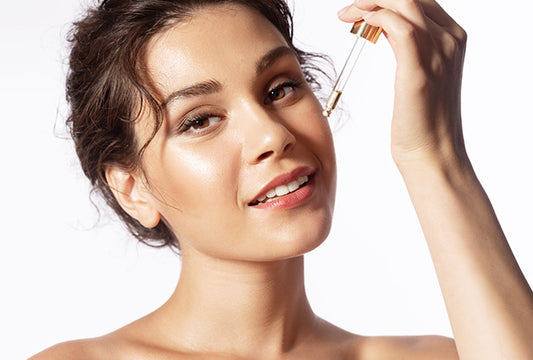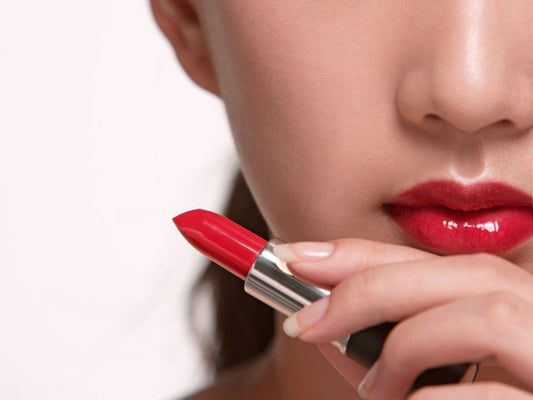It's no secret that the sun's ultraviolet (UV) rays are bad for your skin. But if you're like most people, you probably don't think about sun protection until it's too late—and by then, it's too late. Premature aging caused by UV exposure and even skin cancer can happen even with just one day of missed protection. Here are some simple tips to protect your skin from this damage.

Sun Protection Is Important For All Skin Types
Sun protection is important for all skin types.
Sun exposure is a leading cause of premature aging of the skin, as well as an increased risk of skin cancer. Skin damage can occur even on cloudy days, so it's best to err on the side of caution when it comes to sun protection.
Skin cancer is the most common form of cancer in the US, with more than 3 million cases diagnosed each year according to data from 2014-2015 by the American Cancer Society (ACS).
Try Now: Skin Care Products
Don't Rely Solely On Sunscreen
Sunscreen is a great way to protect your skin, but it's not the only thing you should do. You should make sure to use sunscreen as part of a sun protection routine that includes other steps like:
- Keeping out of the sun during peak hours (10am-4pm).
- Wearing long sleeves, pants and wide-brimmed hats when outside during these hours.
- Using clothing that covers up the most skin possible--like tank tops or swimsuits with high necklines are best! If you're going swimming at the beach or poolside, apply sunscreen thoroughly before getting wet so it doesn't wash off when you go into the water!
Choose The Right Sunscreen For You
When choosing a sunscreen, be sure to look for "broad spectrum" labels. This means that the product will protect against both UVB and UVA rays.
Next, check the water resistance rating on the bottle or tube--if you'll be spending time in or around water (or sweating), look for something waterproof and sweatproof.
Finally, choose a physical block sunscreen over chemical ones whenever possible; physical blocks typically have fewer adverse effects on your skin than their chemical counterparts do because they sit on top of it instead of penetrating into pores and causing damage from within.
Try Now: Organic All Natural Zinc Sunscreen
Choose Your SPF Wisely
The SPF, or sun protection factor, is a measure of how well your sunscreen will protect you from UVB rays. It's important to choose a broad-spectrum sunscreen that blocks both UVA and UVB light.
The higher the SPF number, the longer it will take for skin to burn. However, there's no evidence that using a product with an SPF above 50 provides any extra benefit over using one with an SPF of 30 as long as they are both broad spectrum and apply evenly over all exposed areas (including ears and neck).
Always apply sunscreen generously, 20 minutes before going outdoors and reapply every two hours, or after getting out of the water, sweating or toweling off.
Don't forget your ears, neck and scalp. These areas are often forgotten, but can easily be damaged by sun exposure.
Use a Moisturizer With SPF When You Can't Apply Sunscreen Every Two Hours, Like At Night or If You Plan To Be Outside During A Trip
If you can't reapply sunscreen every two hours, like at night or if you plan to be outside during a trip, use a moisturizer with SPF. You can also apply it over your regular sunscreen to boost protection and keep skin from getting dry. Moisturizers with SPF should be applied after sunscreens so they don't interfere with their ability to block UV rays from reaching the skin's surface.
- Wear sunscreen under your clothes.
- Wear protective clothing, such as long-sleeved shirts, pants and wide-brimmed hats that shade your face, ears and neck from the sun's harmful rays.
- Protect yourself with sunglasses to protect against damaging UV rays that can cause cataracts and macular degeneration in the eyes (a leading cause of blindness). Sunglasses should block out 99% or greater UVA/UVB rays; look for labels indicating this level of protection on the package.
Sunblock is another important step you should take before going outdoors: Apply it generously 20 minutes before going outdoors so it has time to absorb into skin; reapply every two hours when outside (more often if swimming).
Use Extra Caution During Peak Sun Hours (10 a.m.-4 p.m.)
You may be tempted to skip sun protection on your face or body during the winter months, but that's a big mistake.
Sun protection is important for all skin types and should be used year-round, especially during peak sun hours (10 a.m.-4 p.m.). While sunscreen can help prevent damage from UV rays, it's not the only thing you need in order to protect your skin from premature aging and other damaging effects of the sun's rays.
You should also wear clothing with SPF ratings when outdoors so that you're covered from head to toe during these peak hours--and don't forget about hats! Sunblock is only effective if it comes into contact with your skin; if you're wearing long sleeves or pants instead of shorts, there may not be enough exposed areas for adequate protection from UV exposure through clothes alone.
Applying Sunscreen Regularly is Crucial To Prevent Damage That Could Lead To Premature Aging And Skin Cancer
The most important thing you can do to protect your skin from the sun is to use sunscreen. Sunscreen is not enough, though--you also need to use other sun protection measures (like staying in the shade and wearing protective clothing).
Apply a generous amount of sunscreen 20 minutes before going outdoors and reapply every two hours while out in the sun.
Conclusion
We hope this article has helped you understand the importance of sun protection. Remember that it's not just about avoiding damage and premature aging, but also about protecting yourself from skin cancer. If you have any questions or concerns about your own sunscreen use, please speak with a dermatologist!

